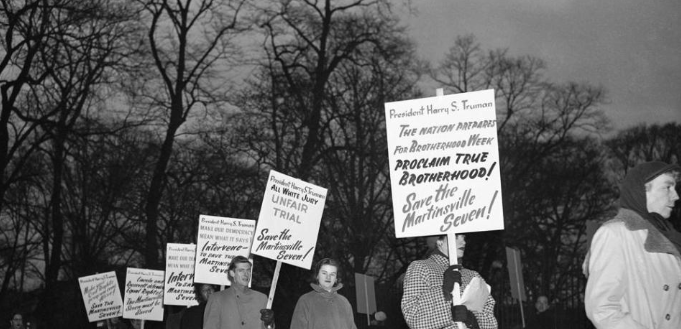
With 27 states retaining the death penalty, inconsistencies in its application spark renewed calls for reform.
The death penalty remains a contentious issue across the United States, with 27 states, including Texas, Florida, and California, continuing its use. Yet, the stark inconsistencies in its application have fuelled criticism and demands for reform.
Missouri recently carried out the nation’s latest execution, putting Ernest Lee Johnson to death despite objections from groups citing his intellectual disabilities. Such cases highlight the uneven nature of capital punishment, which varies widely between states. While lethal injection is the most common method, alternatives like electrocution, gas chambers, and even firing squads are still legal in some states, including South Carolina, where inmates must choose between the electric chair or firing squad if lethal injection drugs are unavailable.
Texas leads in executions, having carried out 573 since 1976, far outpacing other states. In contrast, states like Virginia (with 113 executions) and Oklahoma (112) follow at a distance. Federal executions also vary significantly, often influenced by political leadership. Under the Trump administration, federal executions surged, with 13 inmates put to death in 2020 after a 17-year hiatus.
Federal Death Penalty and Moratorium
In July, Attorney General Merrick Garland announced a moratorium on federal executions, citing concerns over fairness and the death penalty’s disparate impact on minorities. Garland emphasised the importance of ensuring the justice system treats individuals humanely and equitably, particularly in capital cases. This decision leaves the fate of 45 federal death row inmates uncertain while the Justice Department reviews its policies.
Changing Attitudes and Calls for Reform
Momentum for change is building in some states. Utah’s legislature is considering replacing the death penalty with life sentences, with Governor Spencer Cox voicing openness to the idea. Ohio Governor Mike DeWine has delayed scheduled executions, citing difficulties in obtaining lethal injection drugs, while a bill to abolish the death penalty is under discussion.
Critics argue that the death penalty is racially biased, costly, and prone to errors, with numerous exonerations of wrongfully convicted individuals adding weight to these claims. Organisations like the Responsible Business Initiative for Justice (RBIJ) have joined forces with The Independent to advocate for abolition. The campaign has attracted prominent business leaders, including Sir Richard Branson and Sheryl Sandberg, in calling for an end to what they deem an outdated and unjust practice.
As attitudes shift and legislative efforts gain traction, the future of capital punishment in the United States remains uncertain. For now, however, its application continues to reflect deep divides in the nation’s legal and moral landscape.












